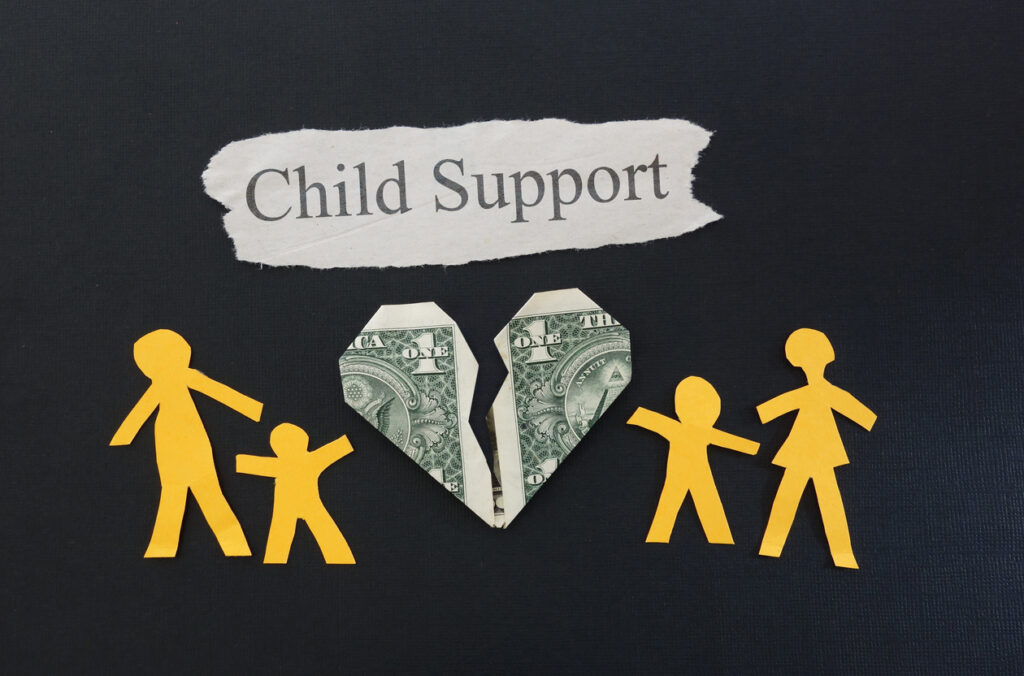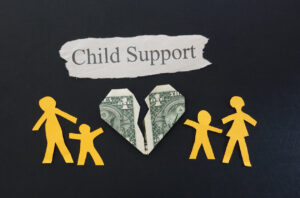
Breaking the Myths on Your Monthly Child Support Payments
You’ve learned the ins and outs of child support, but you still have questions. You’ve heard things from others about child support payments and want to make sure you’re getting the most out of your experience. From an experienced attorney who understands both sides in the matter, we want to discuss child support myths with you today so you can move forward with a better understanding of your payments and exactly how the system works.
Myths of Child Support
 Nobody has to pay child support if both parents share joint custody. This sometimes can be true in special instances. However, in most cases, one parent will have to pay some type of child support if you take these matters to court. Even with joint custody, the child tends to be with one parent more often than another.
Nobody has to pay child support if both parents share joint custody. This sometimes can be true in special instances. However, in most cases, one parent will have to pay some type of child support if you take these matters to court. Even with joint custody, the child tends to be with one parent more often than another.
Your child support payments are actually tax-deductible. No, your child support payments have nothing to do with your income taxes. This means that, if you are a paying parent, you are not allowed to deduct these payments from your expenses.
When my children turn 18, my ex-spouse doesn’t owe me back payments anymore. So, let’s say that your ex-spouse has not been keeping up with payments and now they are thousands of dollars behind. When your child turns 18 and payments stop, it doesn’t matter, as there are no statutes of limitations on your cases and you will still be able to take them for back support.
Child support payments will remain the same from the birth of your child until they stop receiving. There are actually many reasons why child support payments will increase and decrease over time. Perhaps one spouse loses a job, or there is a drastic change in the needs of the child. This will change the amount of support being paid.
You need to spend child support directly on the kids – for clothing, food, and drink. You can actually use child support for many other things, like housing, health insurance, and activities that your child participates in, too.
Child support payments can be lowered if my spouse quits their job on purpose, benefiting them. The courts recognize a spouse quitting a job as an aversion tactic. They will not decrease the child support payment. The court understands that both parents must do what it takes to support the child.
Have you heard one of these child support myths in the past? Perhaps now you are fitted with the tools to move forward with a better understanding. If you still have questions concerning child support, we want to hear from you today. Give us a call to get started on your case.
